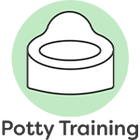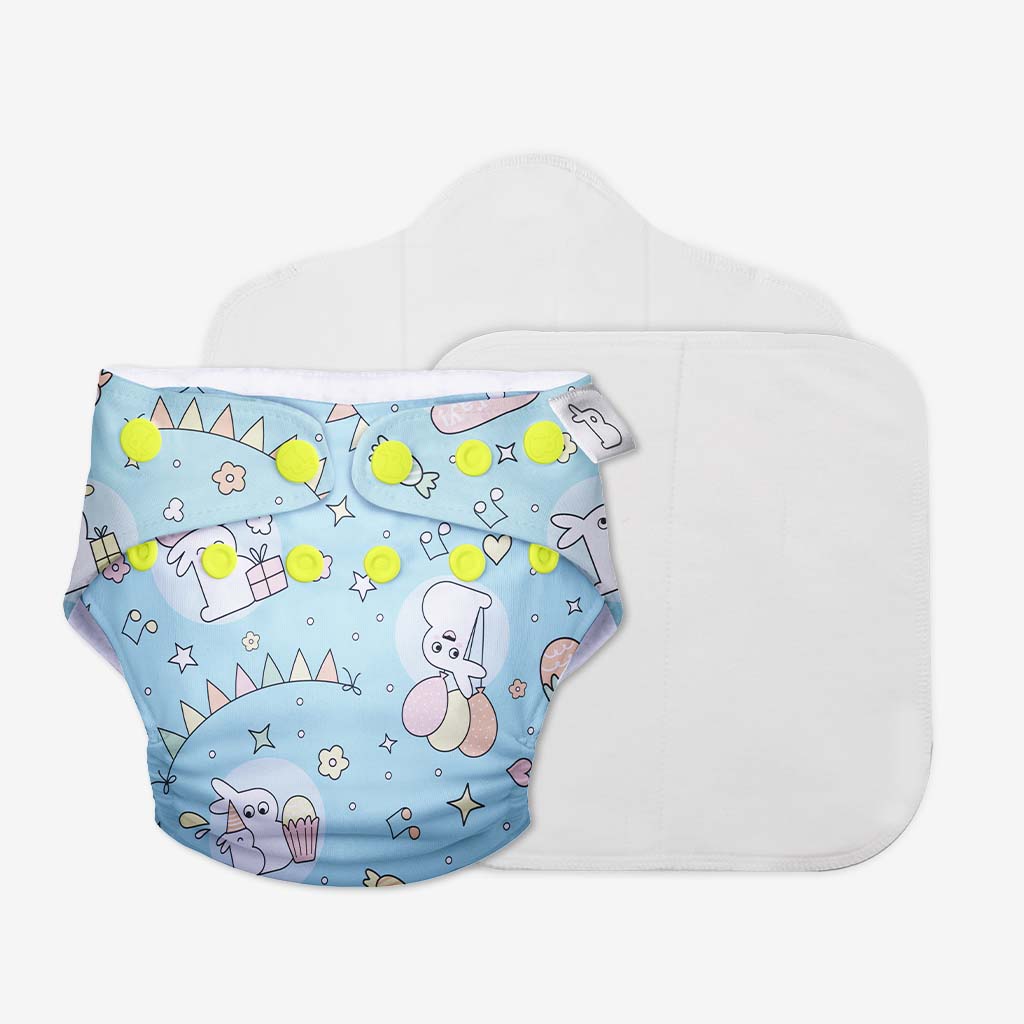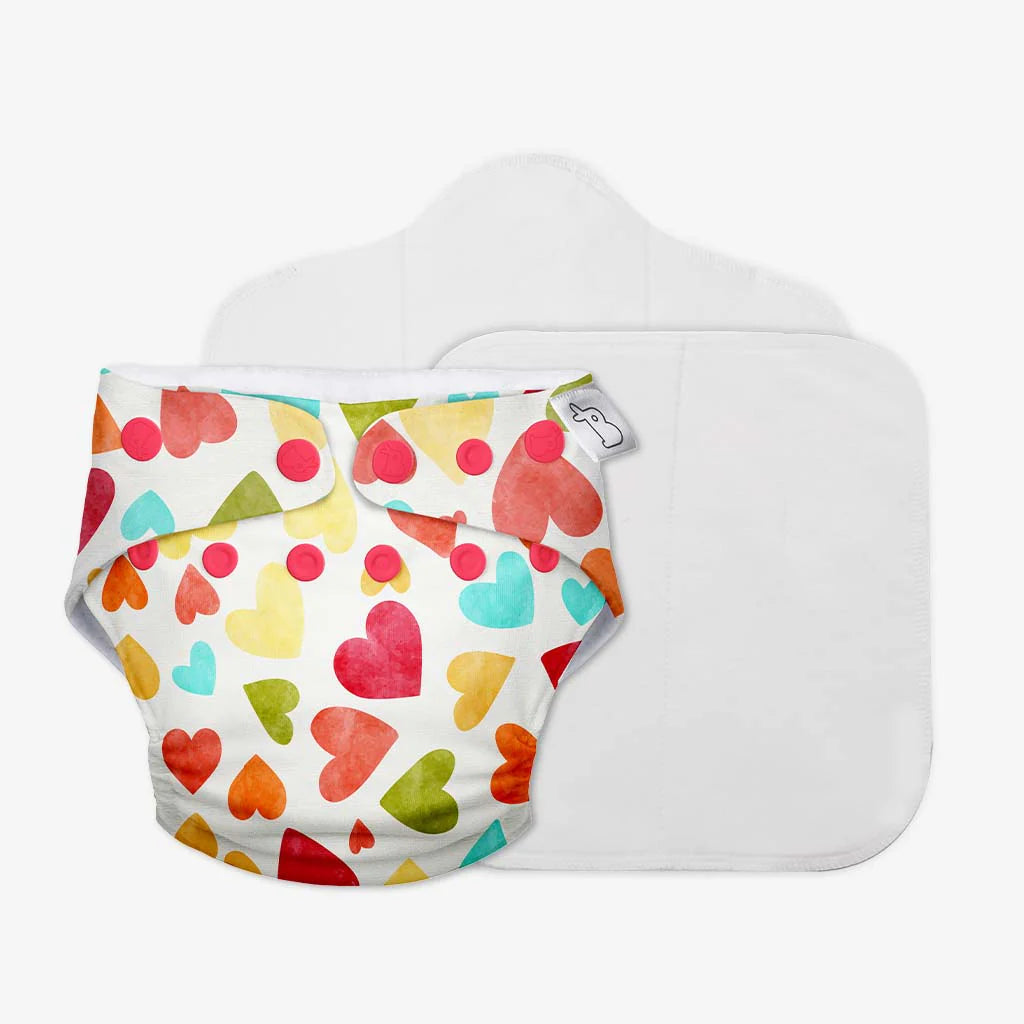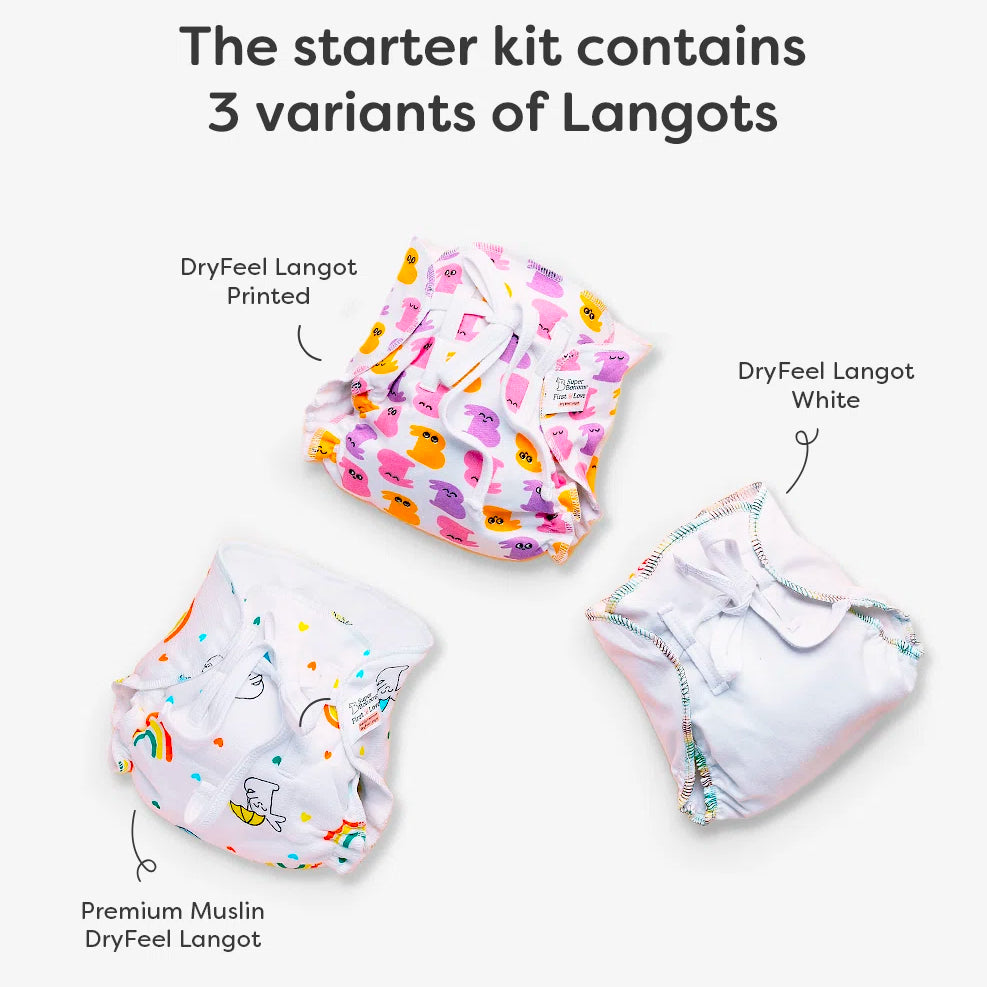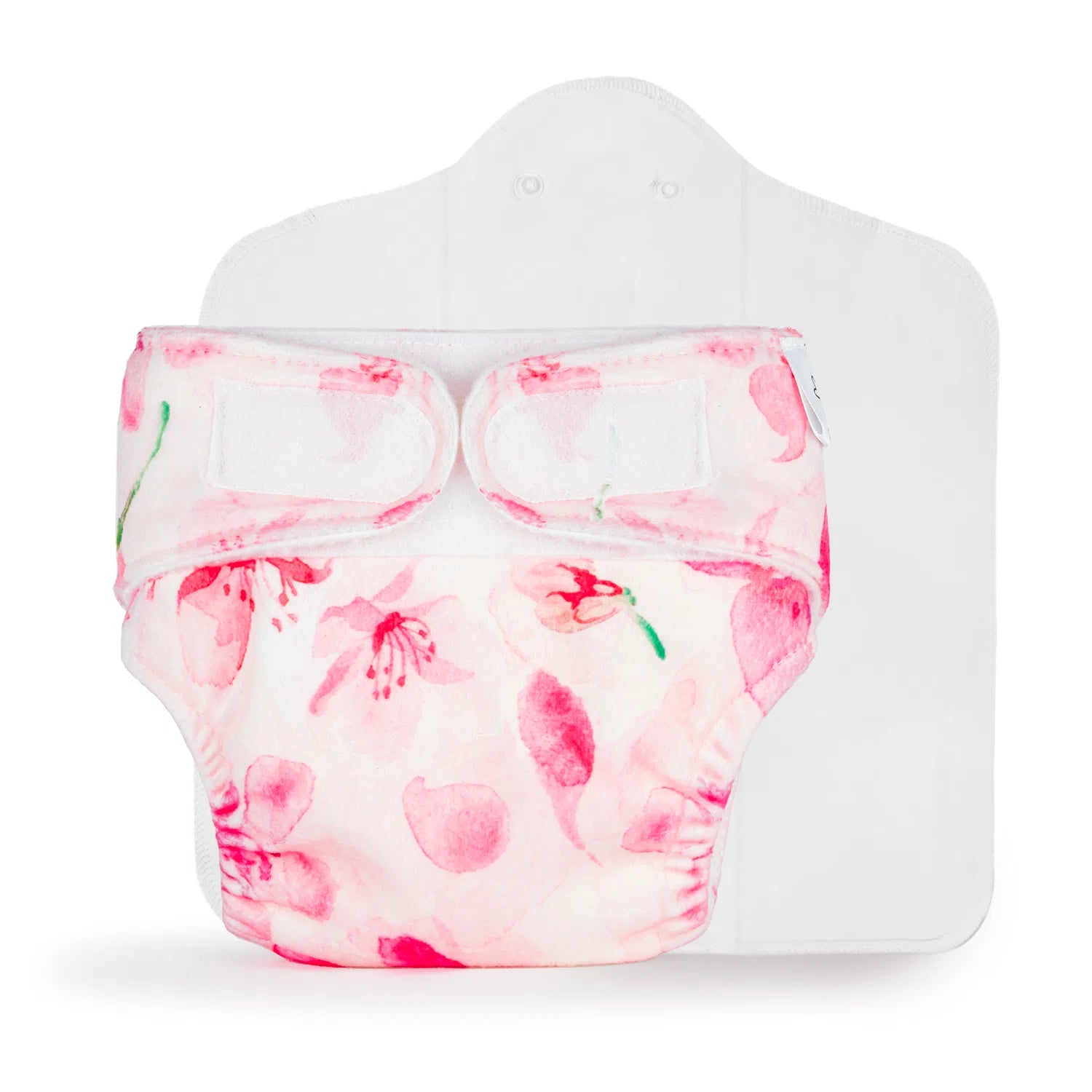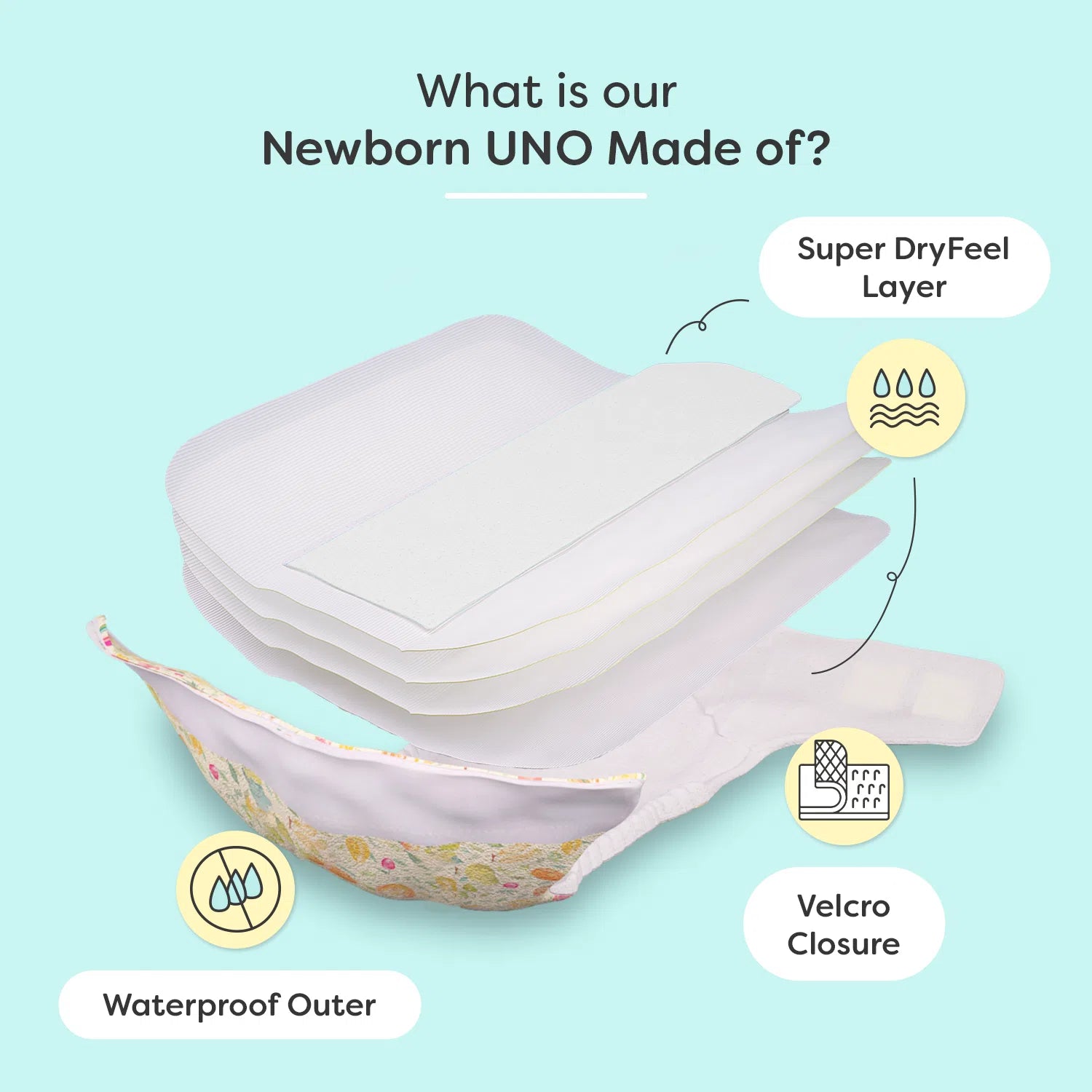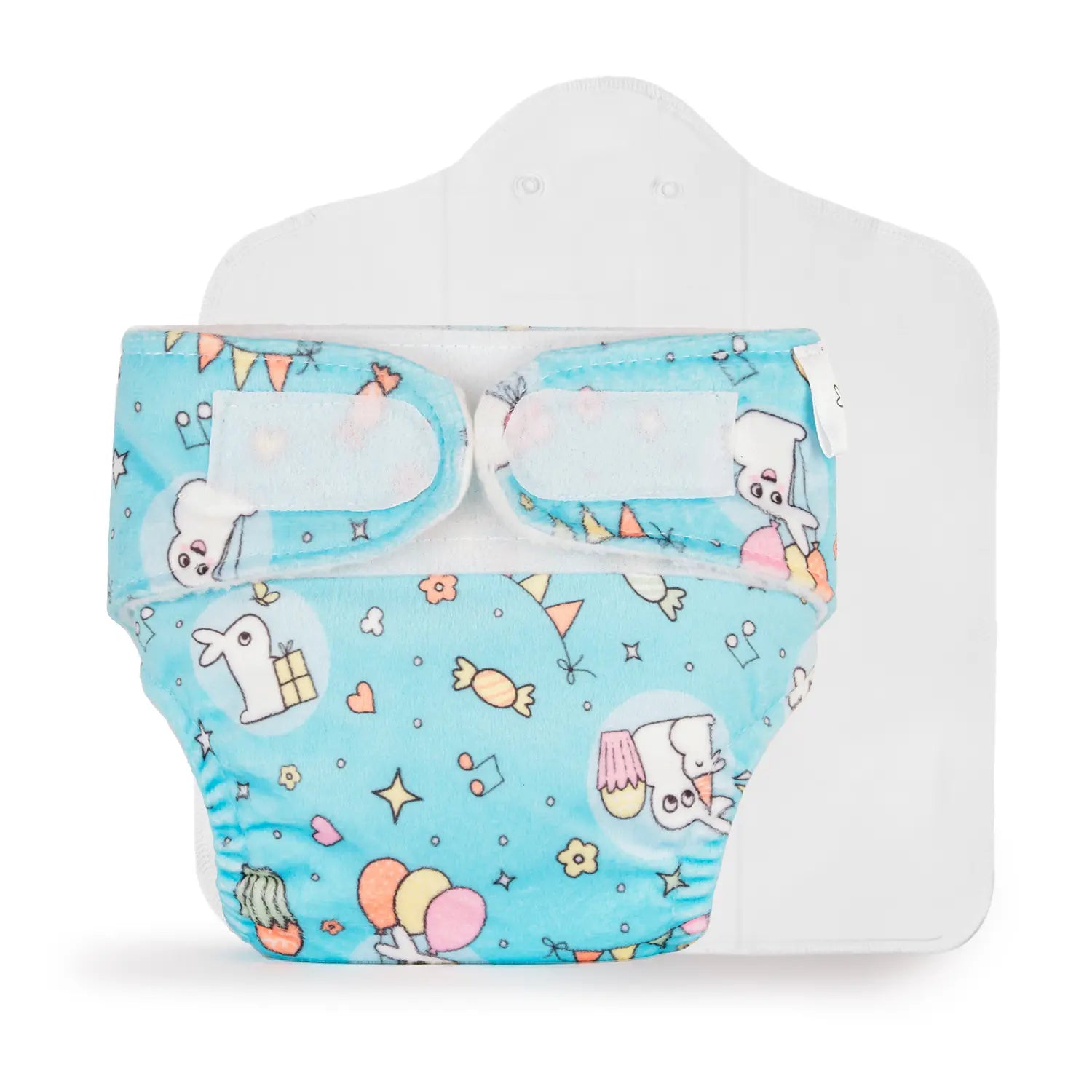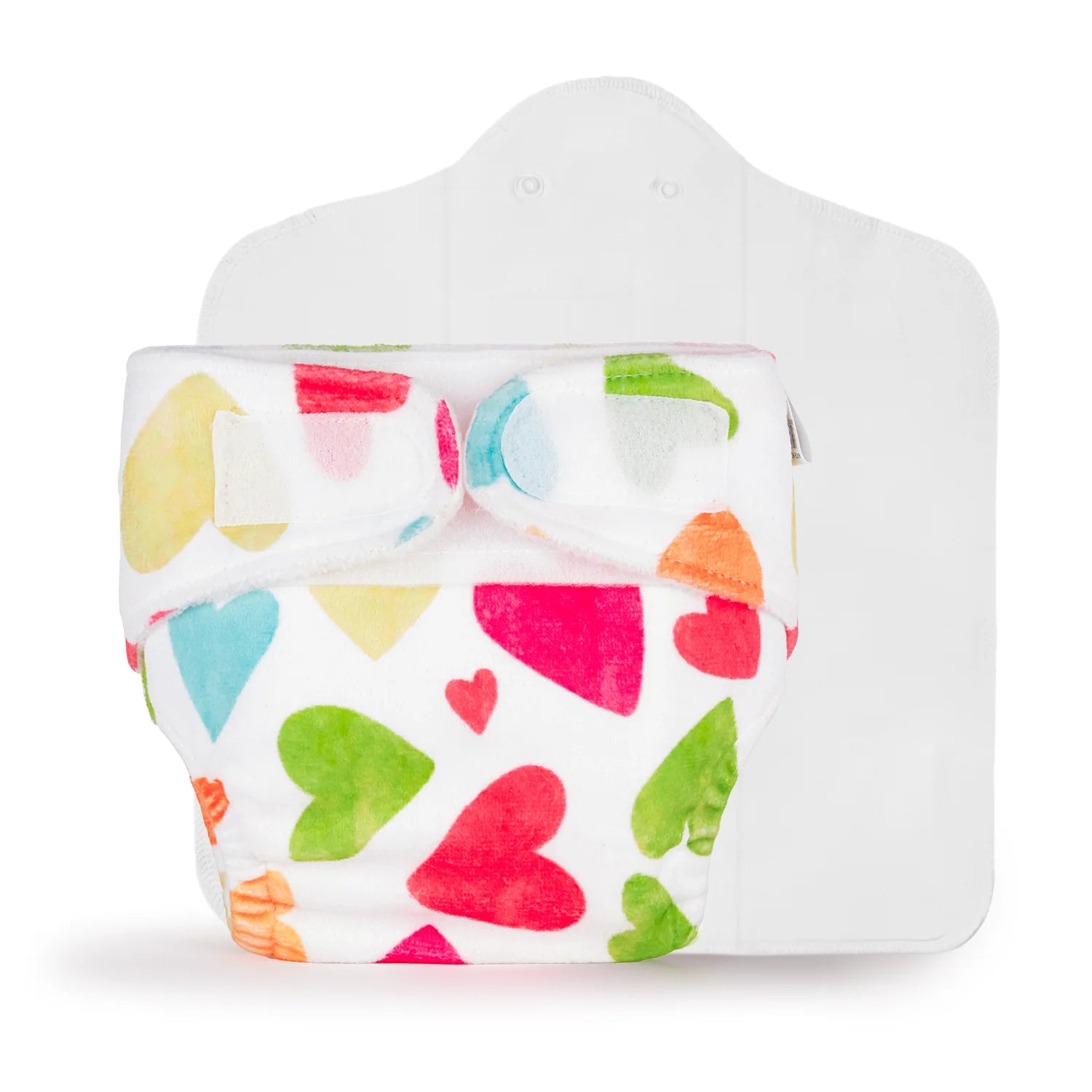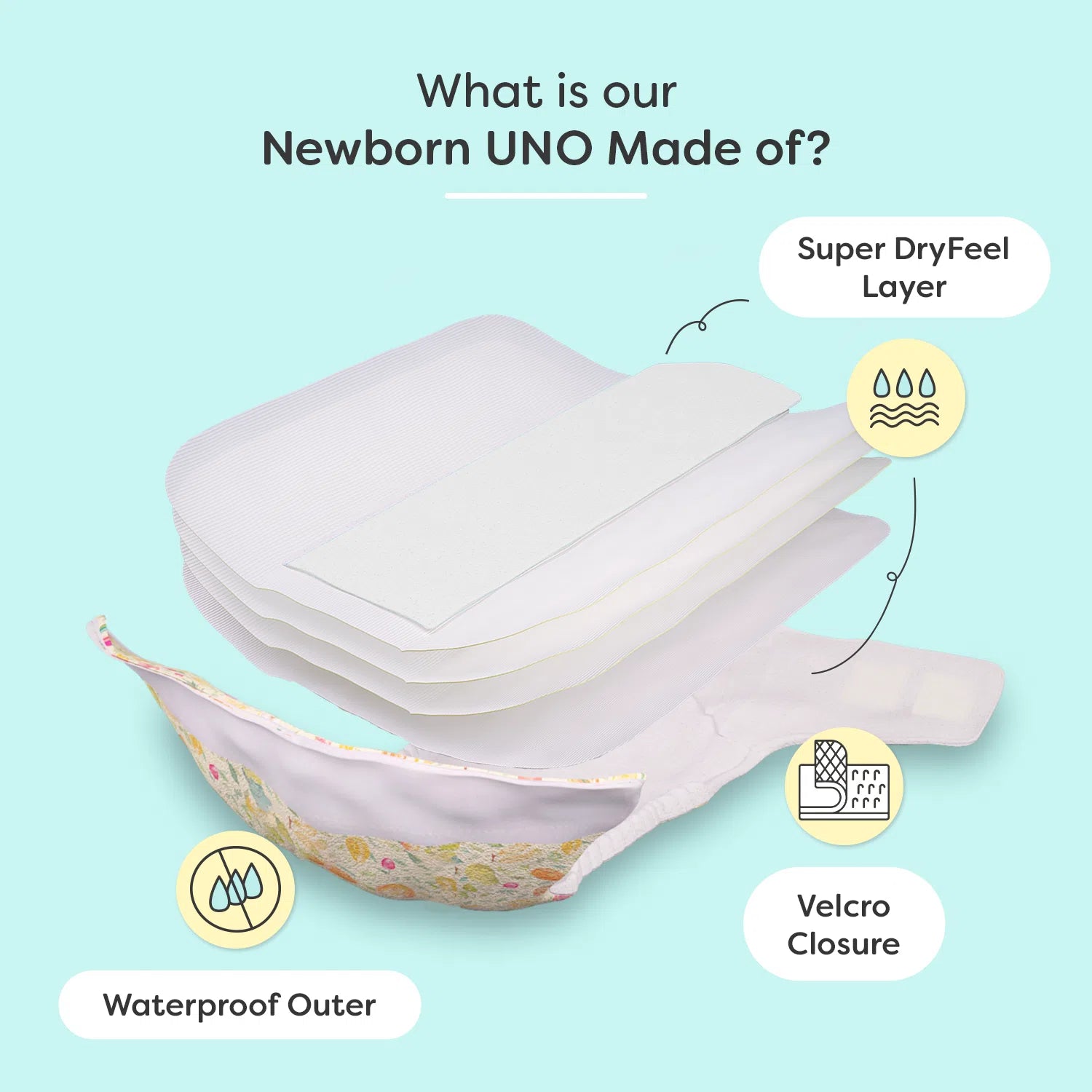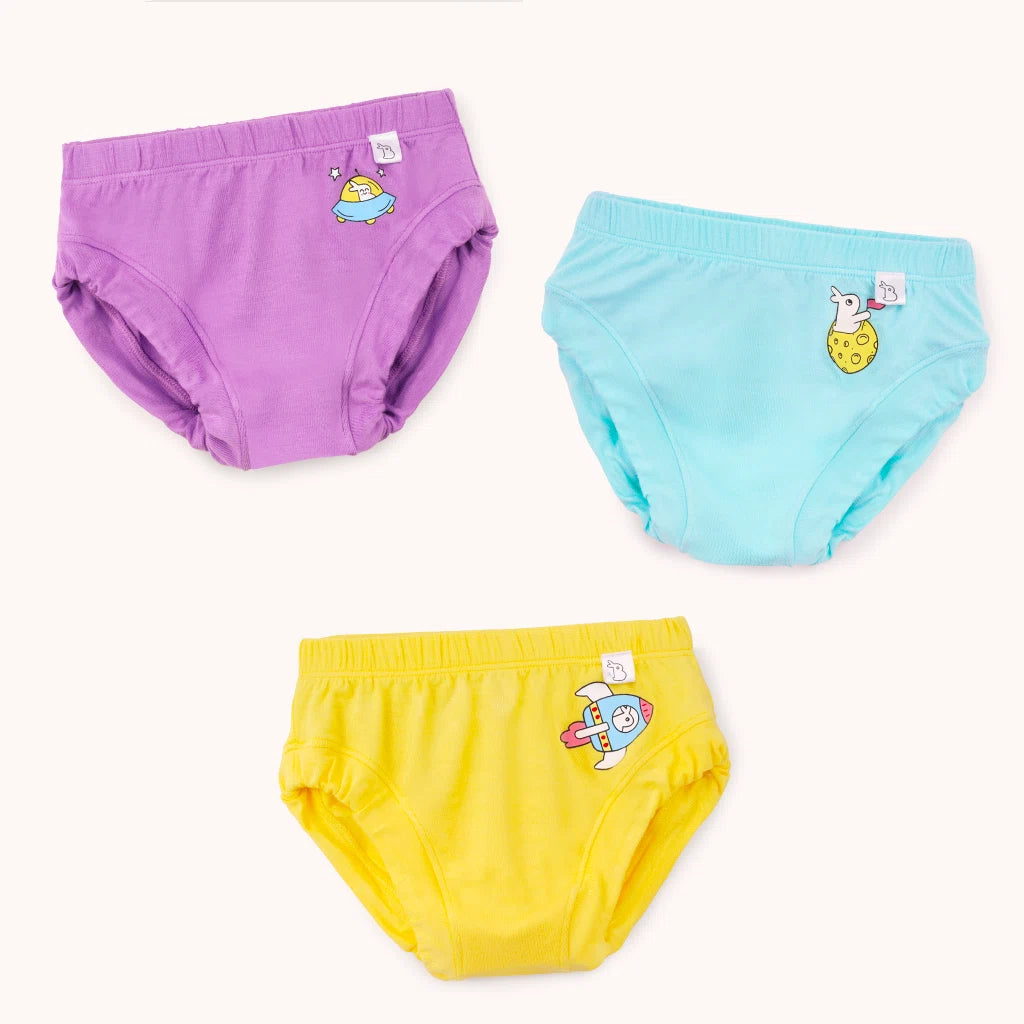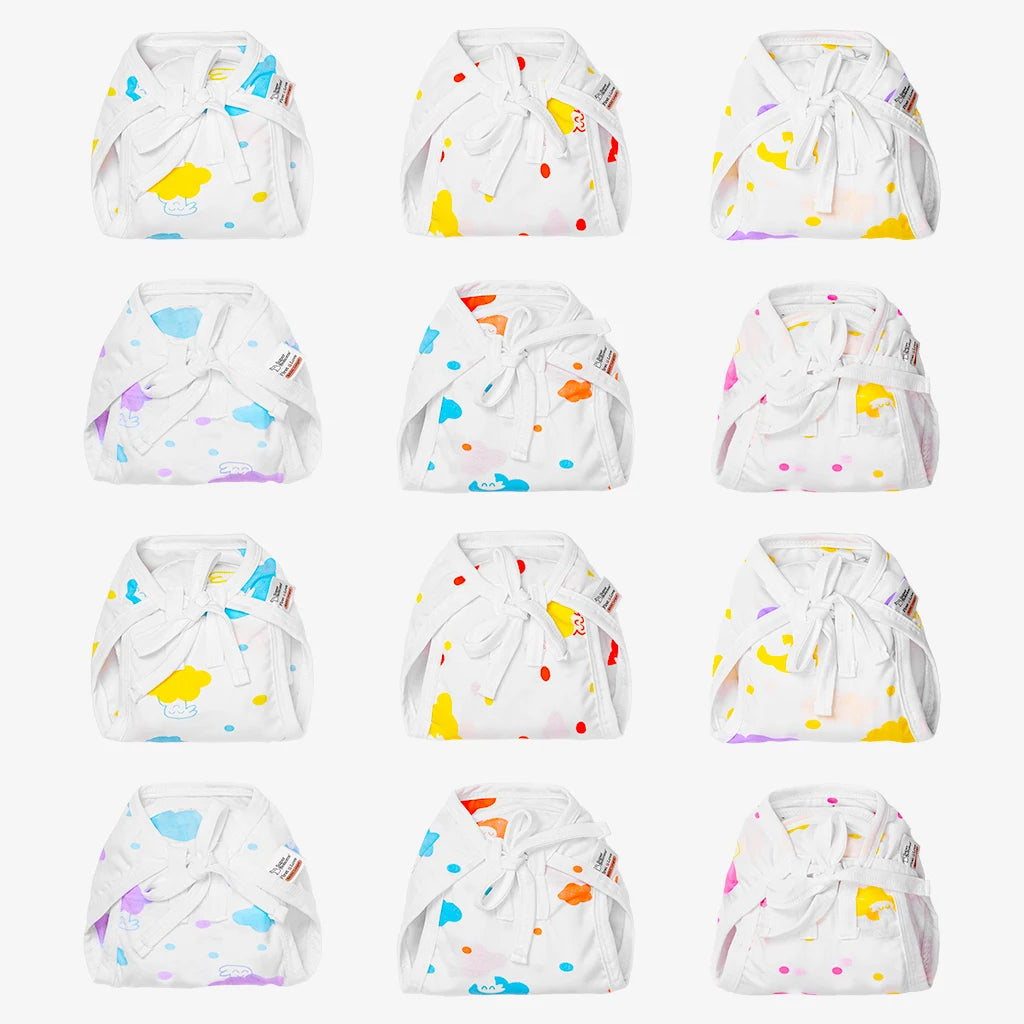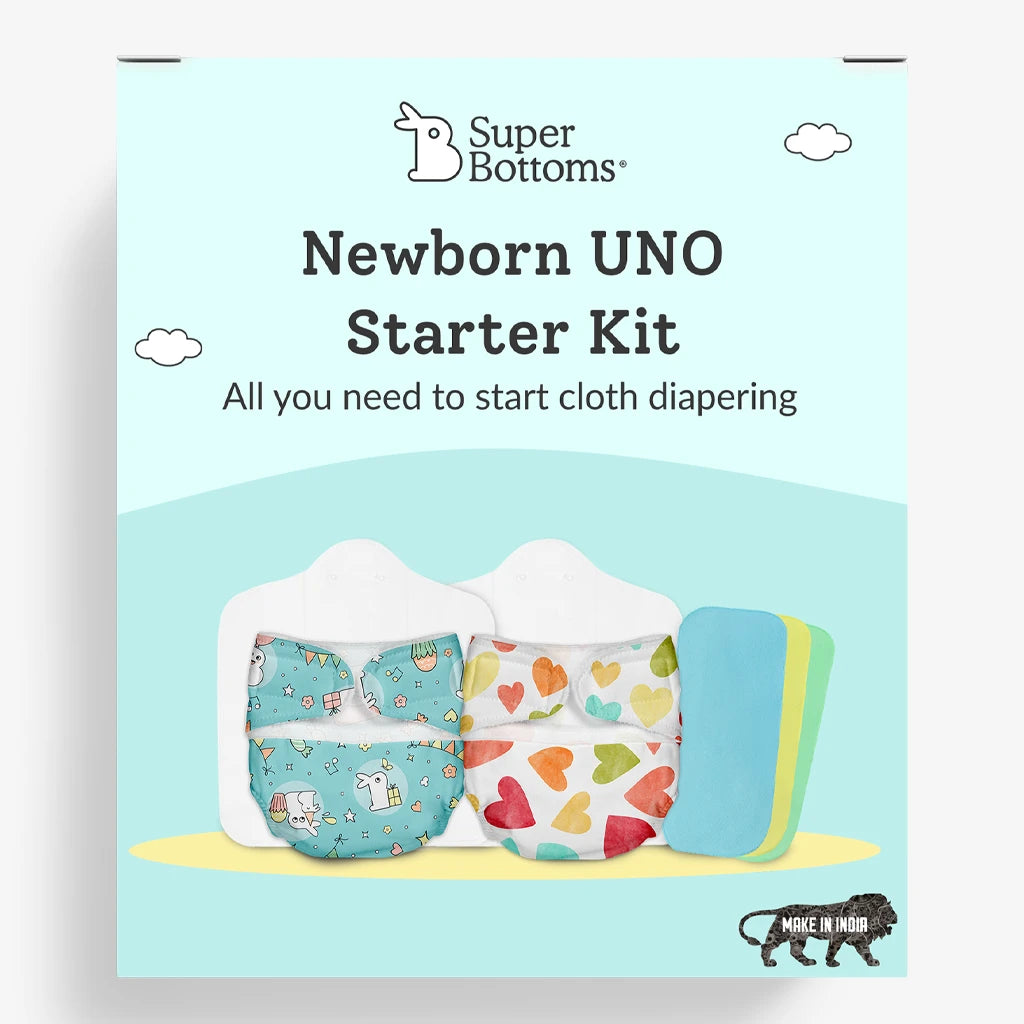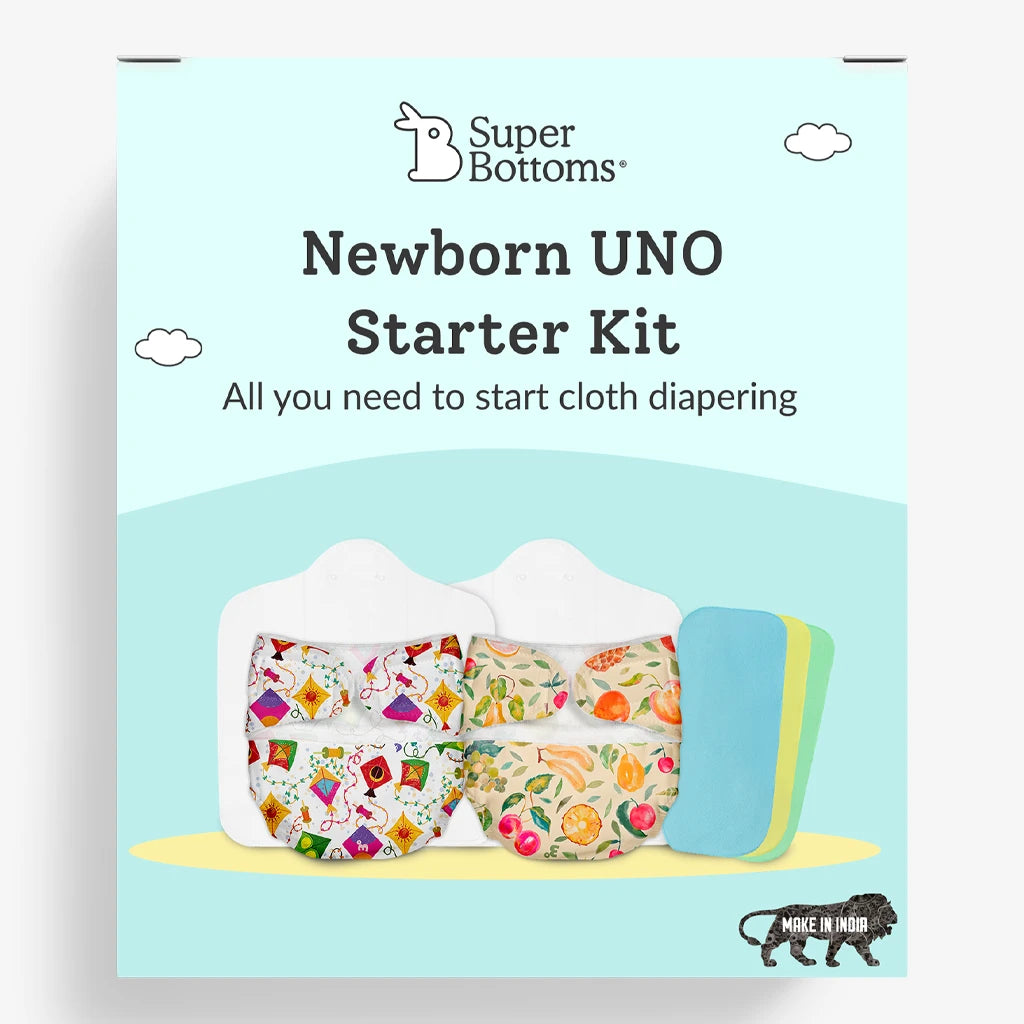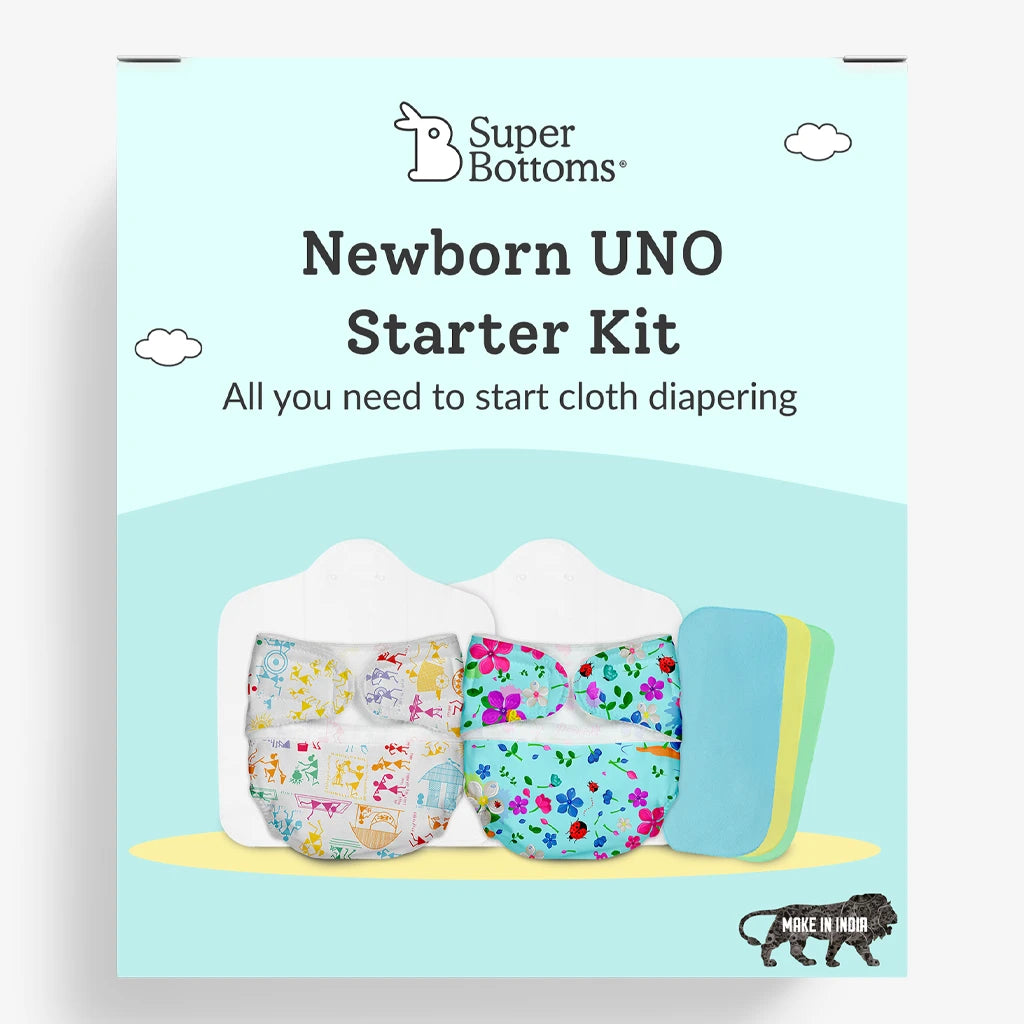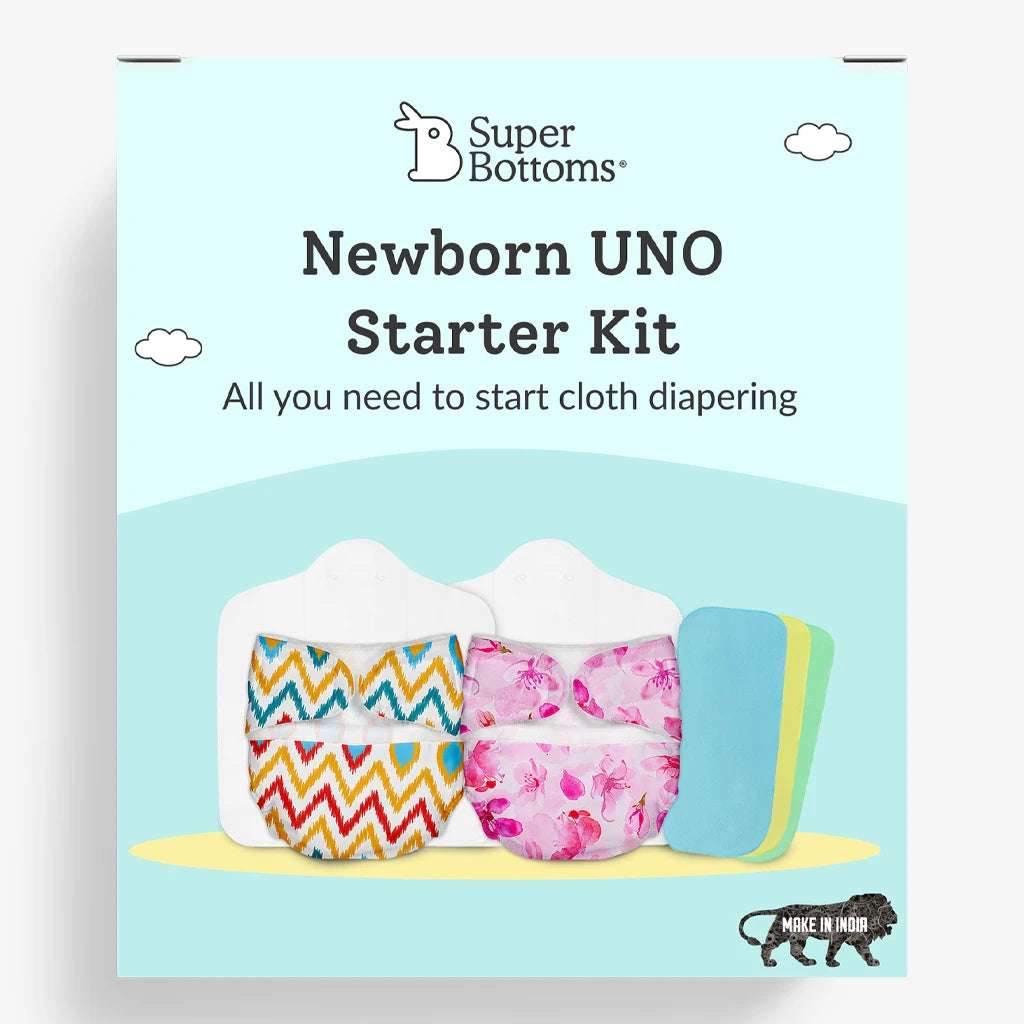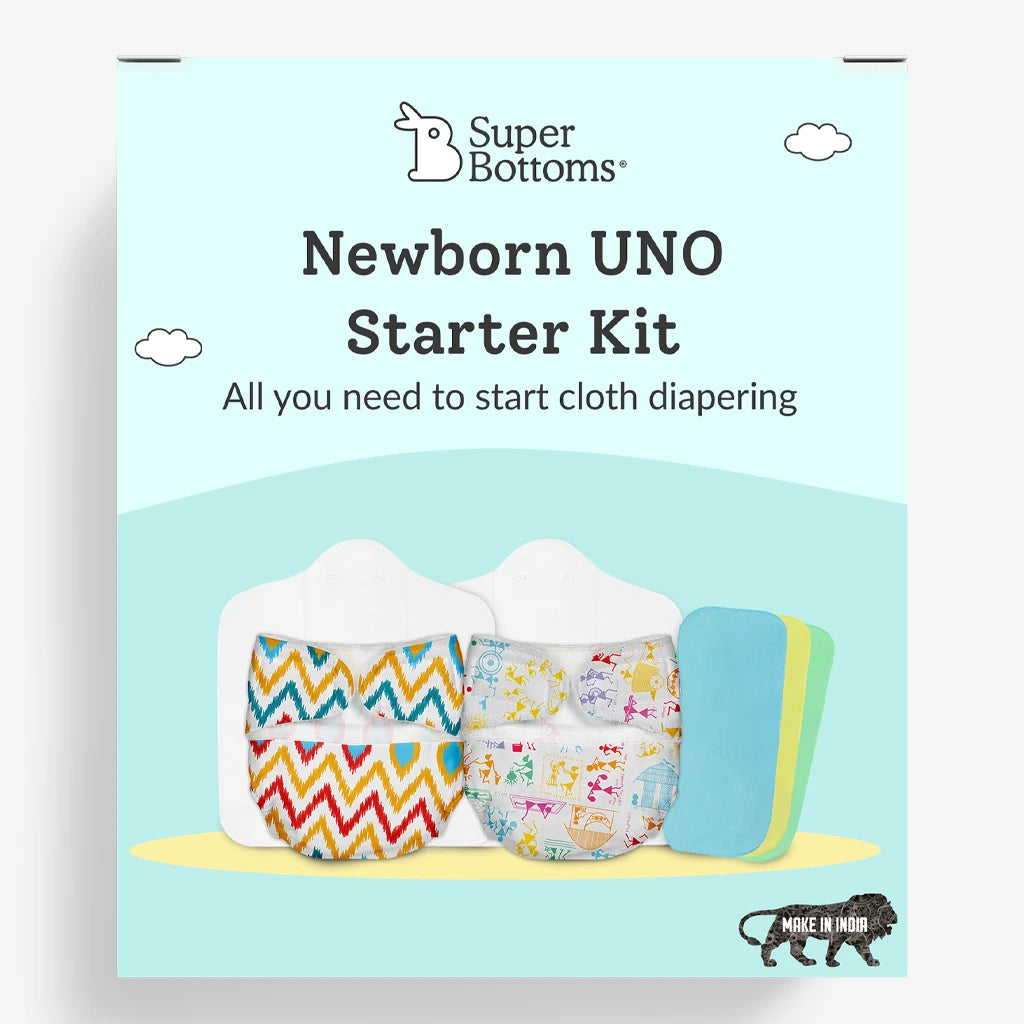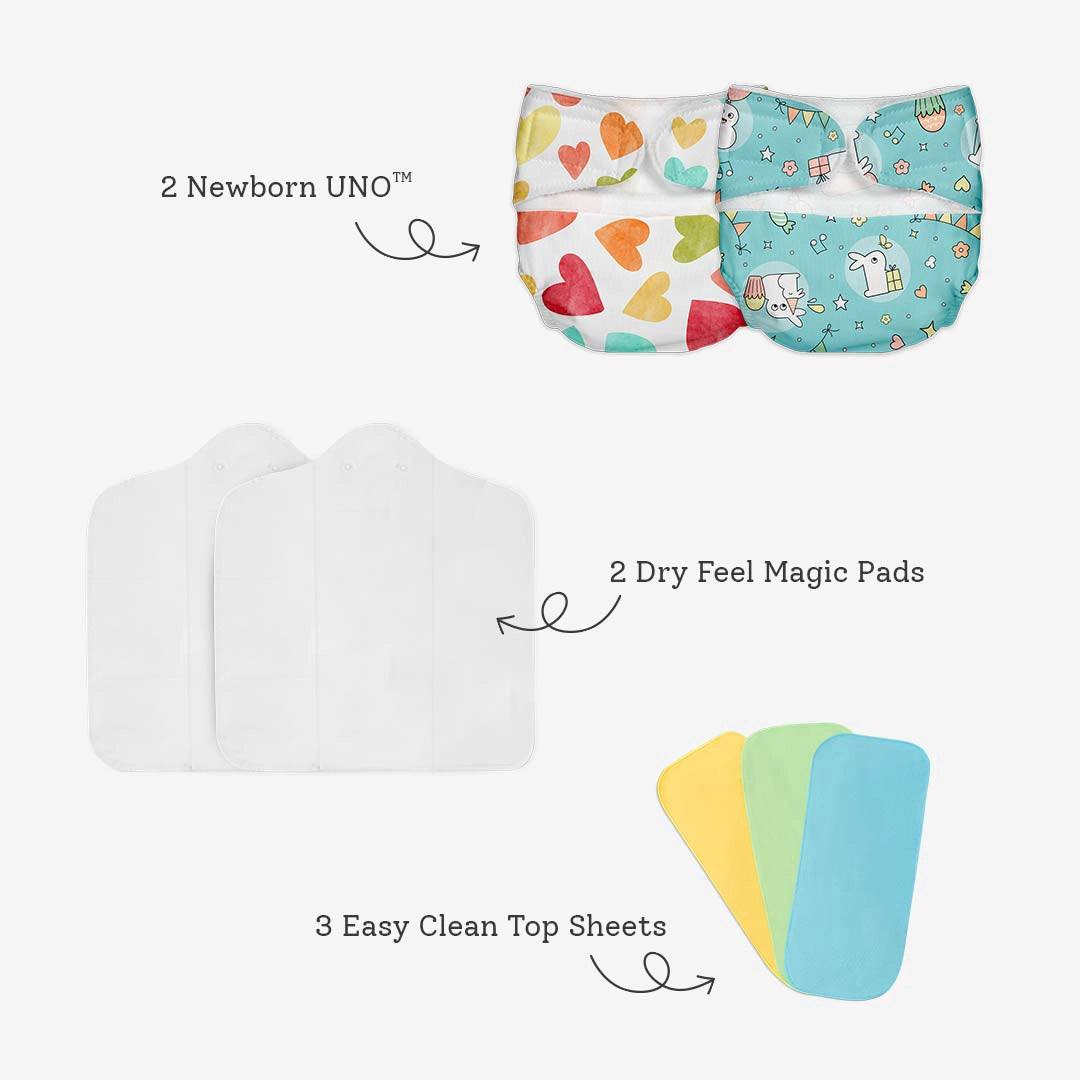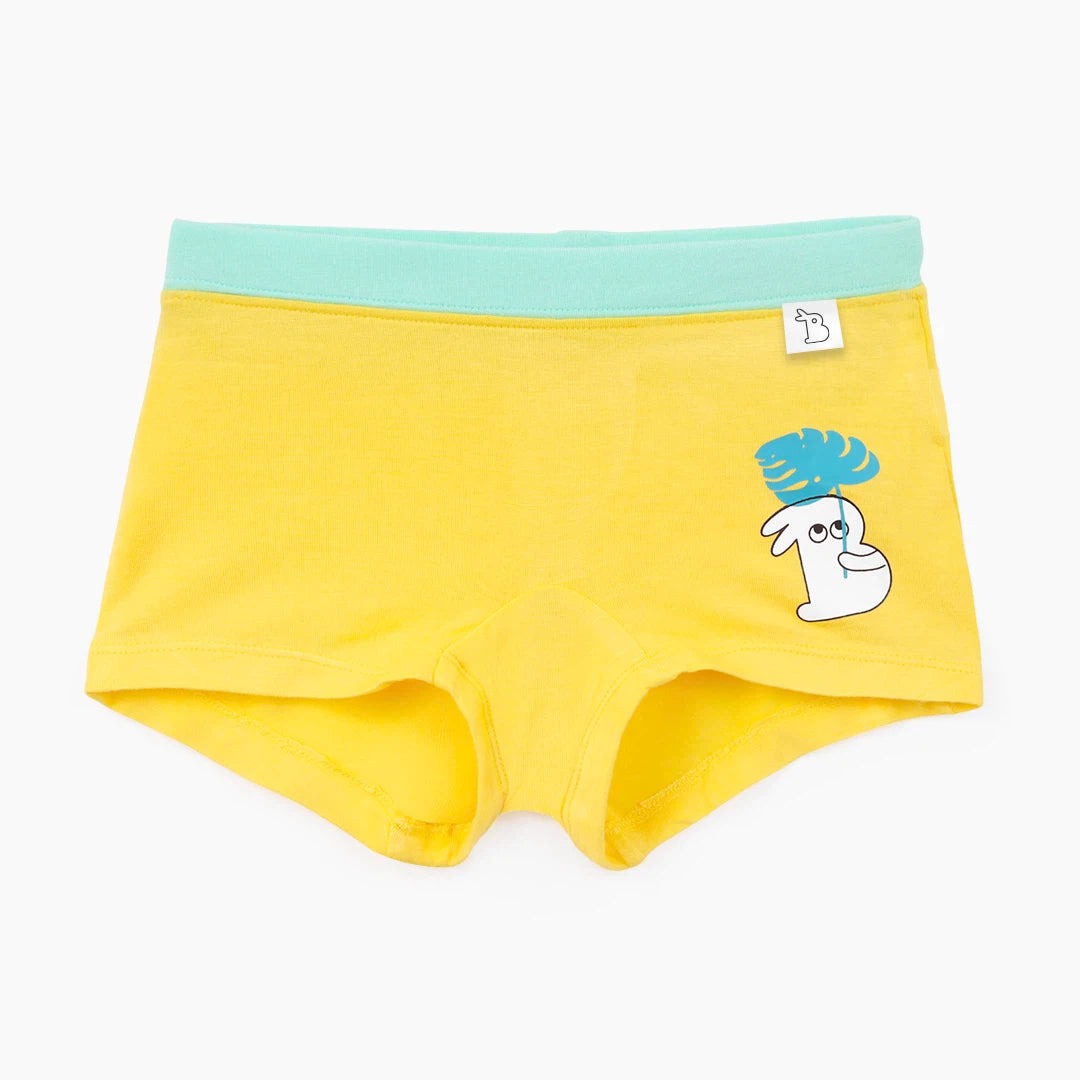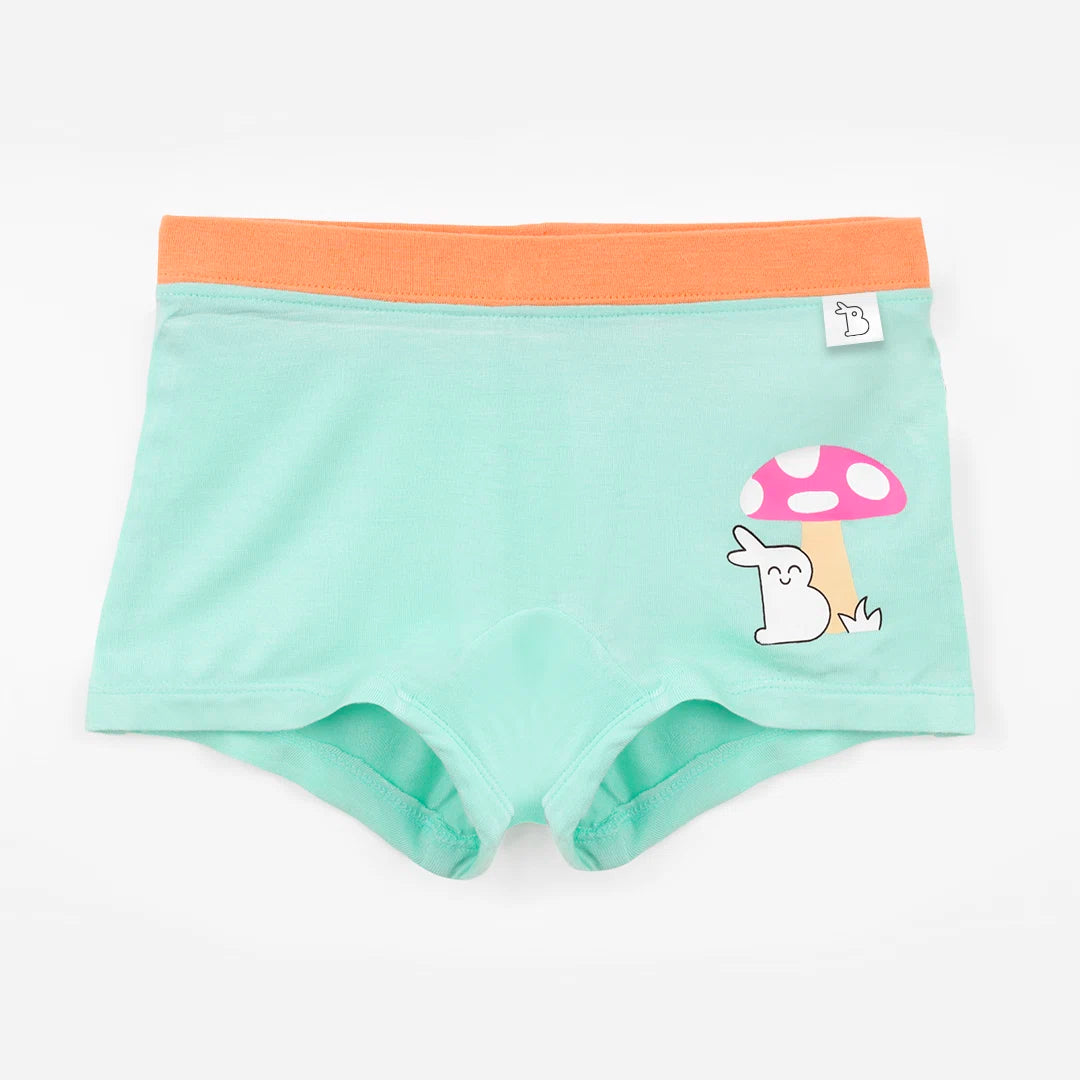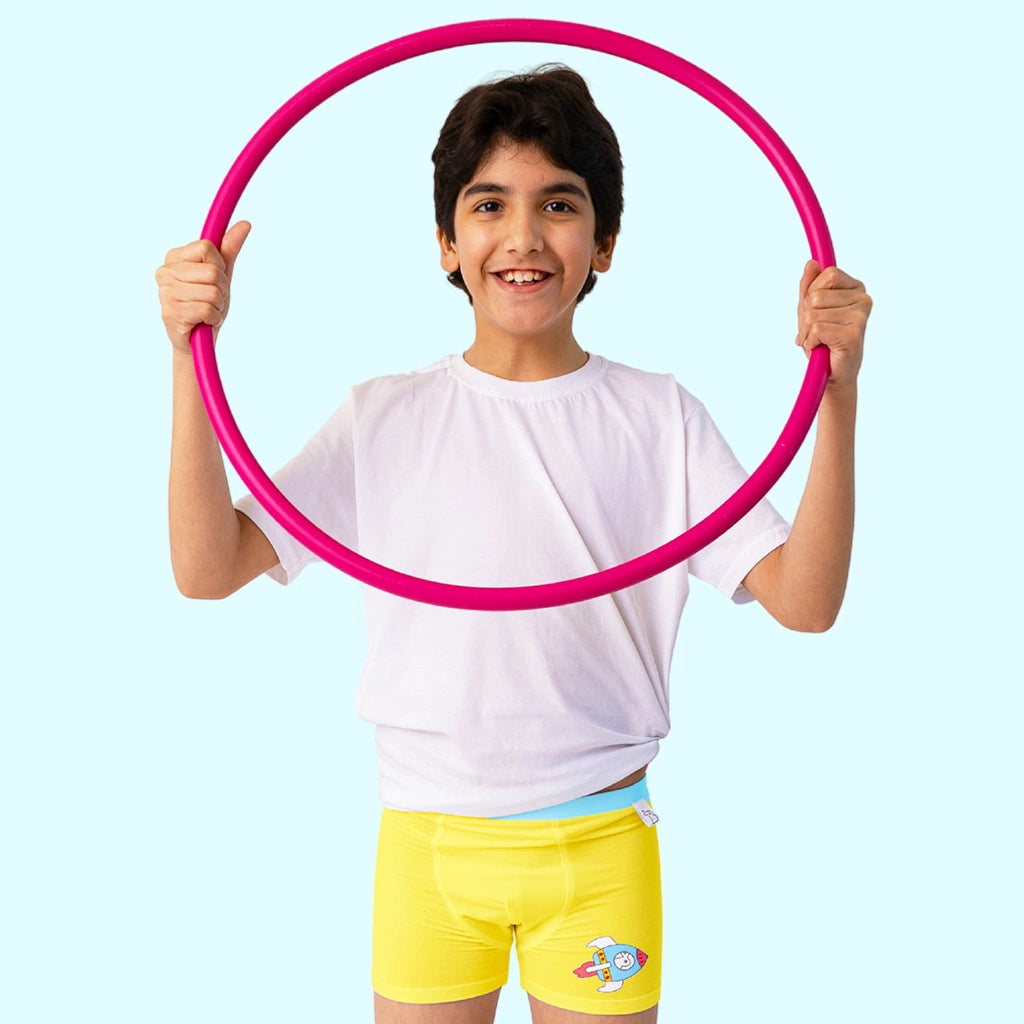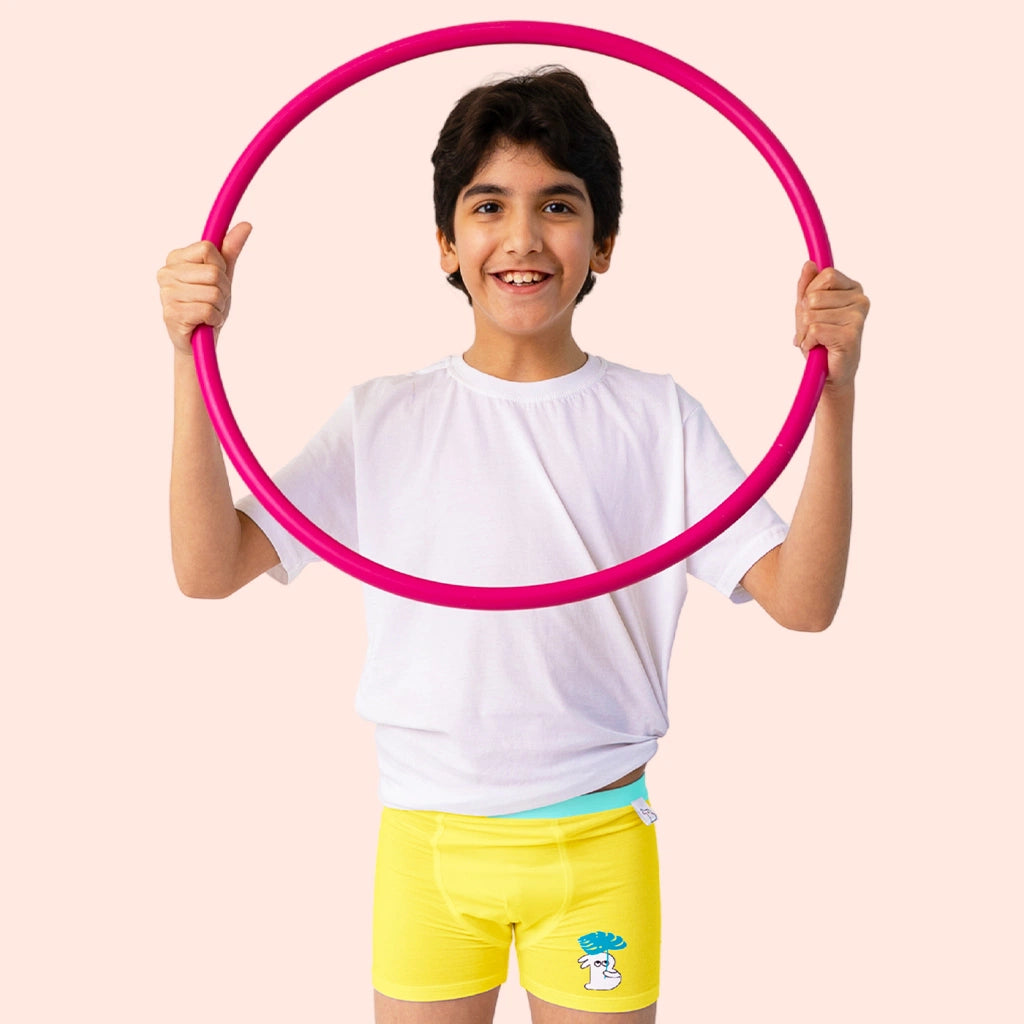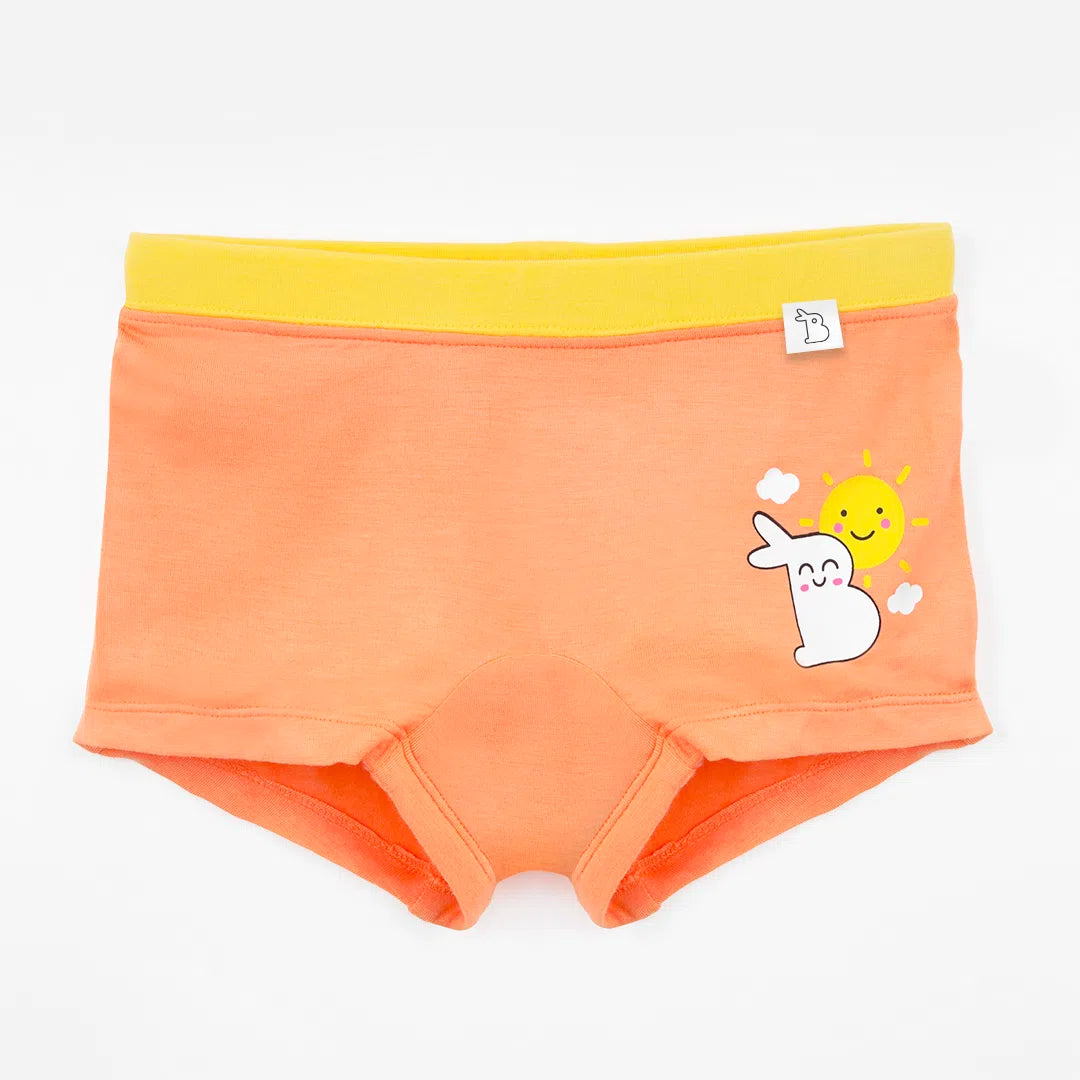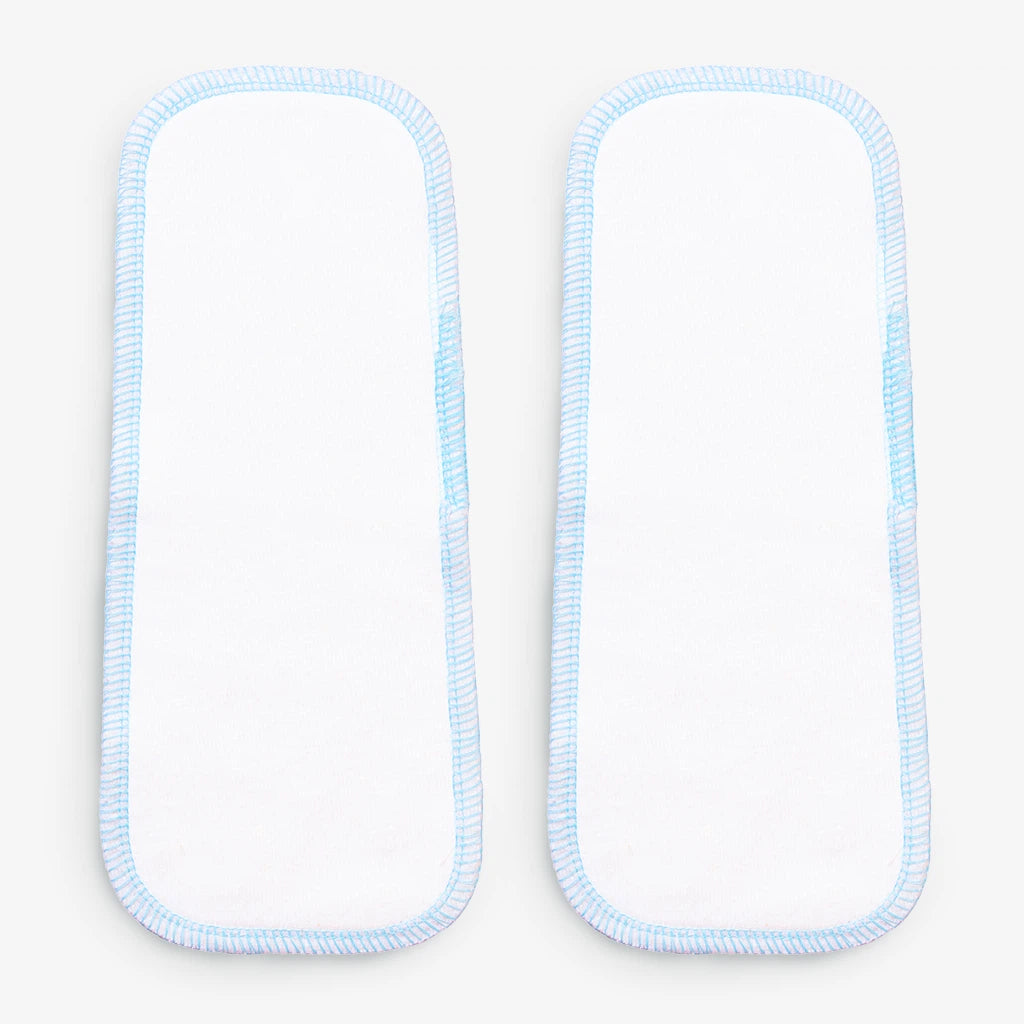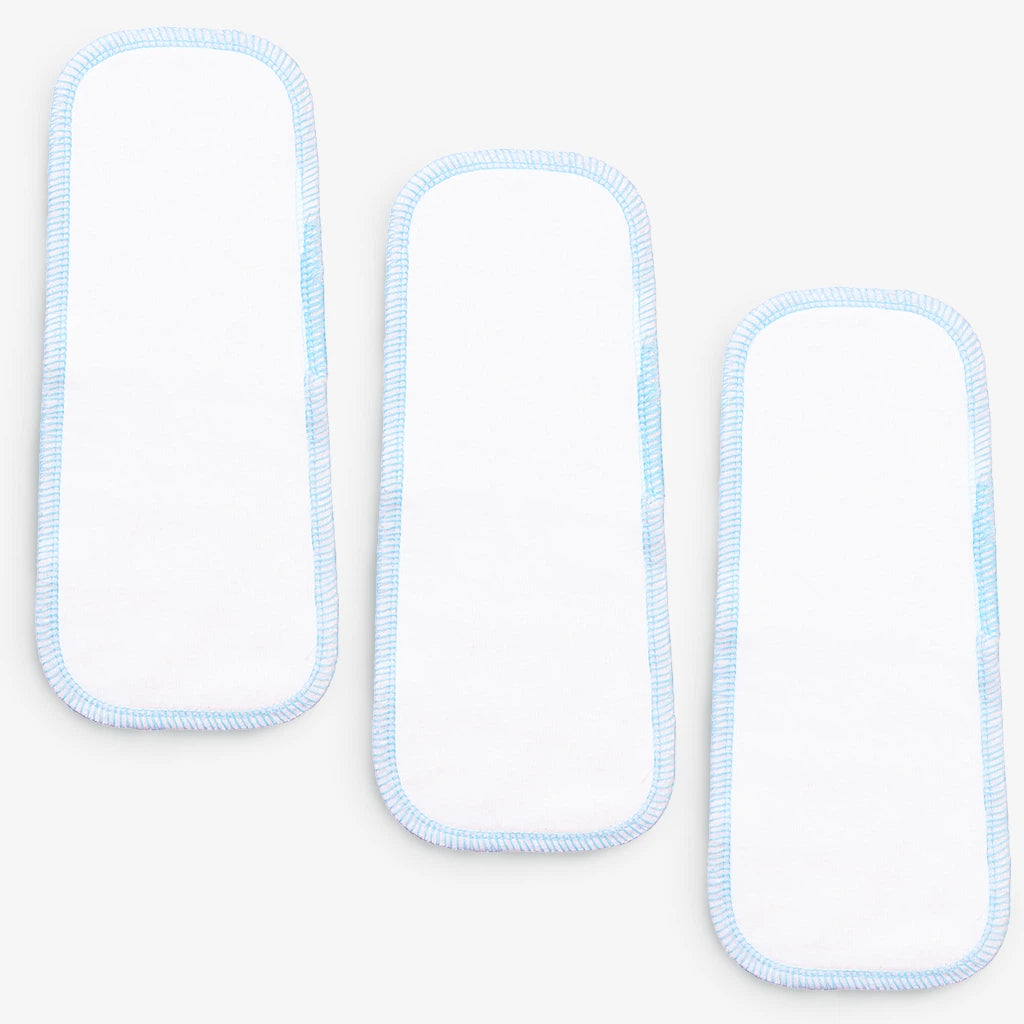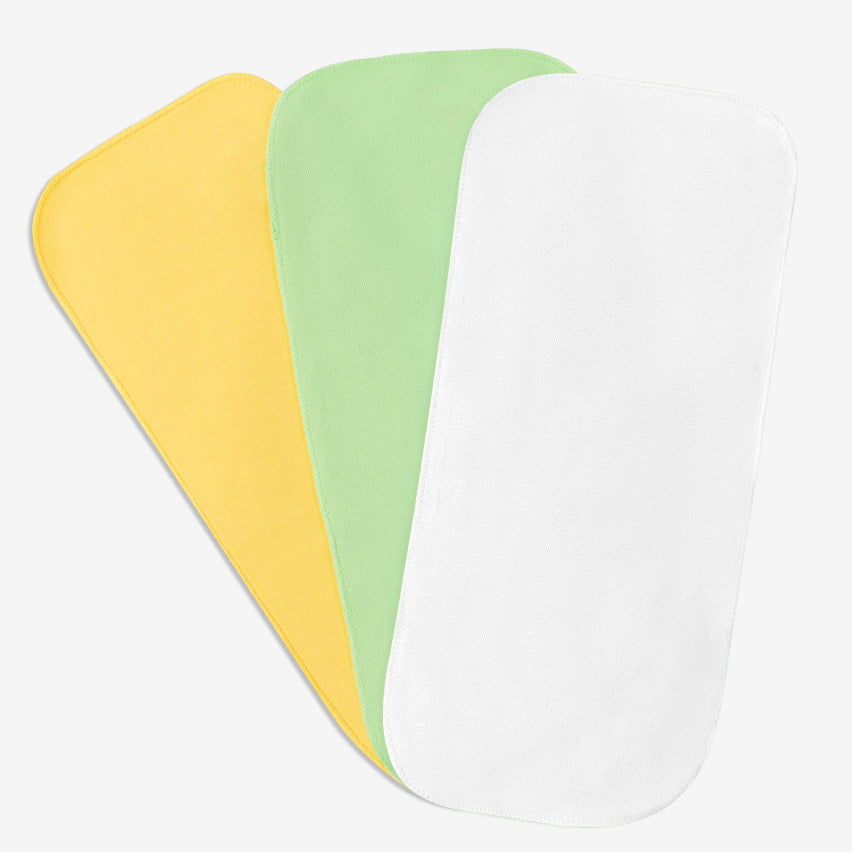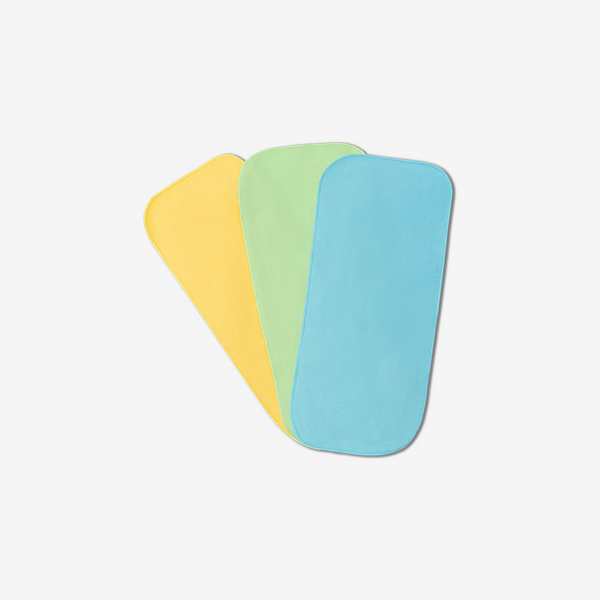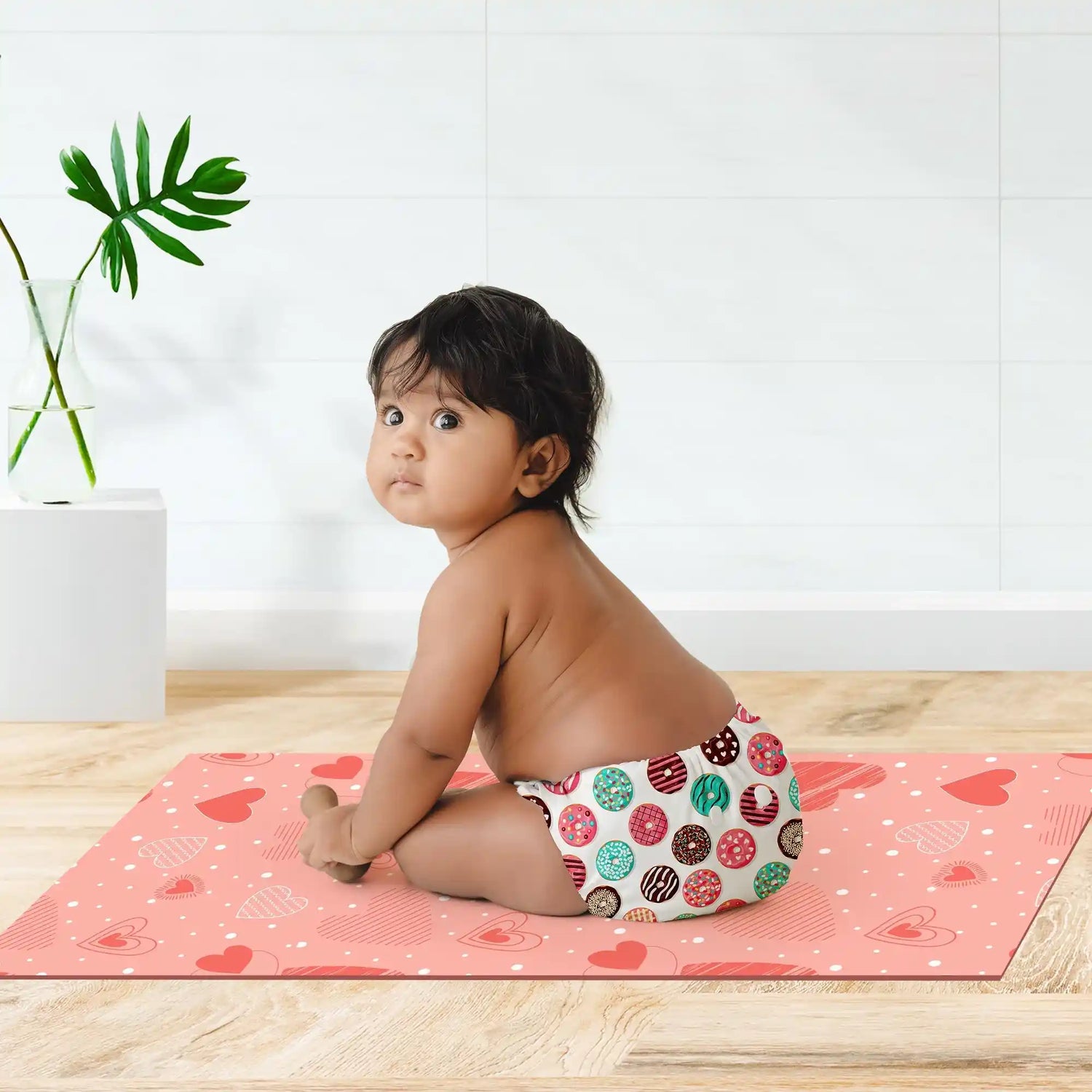When we are expecting a baby, or when our baby is just in their newborn phase, we read every article that cautions us about what can possibly go in an unexpected direction or what all problems our newborn baby or a new parent might face. Then, we take all possible measures to avoid these issues, eat healthily, take the medication in time, and do everything our doctor asks us to do. We ensure that every baby vaccine is administered in time.
But sometimes, despite doing everything, we still can have medical issues for our newborn baby or us. Jaundice in newborn babies is a prevalent issue that new parents face. This article will explore jaundice in newborns, newborn jaundice symptoms, newborn jaundice treatment, and everything you will need to know about newborn jaundice!
Causes Of Jaundice In Newborn Babies
A condition known as hyperbilirubinemia is the reason for jaundice in newborn babies. Our body contains bilirubin which is created when red blood cells break down. This is usually passed out of the body via urine or stool. When the amount of bilirubin in the body of a newborn baby is more than the newborn jaundice level should be, the bilirubin present in the blood will cause the baby's skin and eyes to appear yellow in color. This condition is known as jaundice. The following can be causes of kids developing jaundice at birth:
- If the baby's blood group doesn't match the mother's blood group, this might lead to a few complications. Jaundice in newborn babies is one such complication that it can lead to.
- If your baby is born premature, they might be more prone to developing jaundice at birth.
- Gestational diabetes or diabetes that the mother might have before conceiving the baby can be a reason for jaundice in the newborn baby.
- Breastfed babies can sometimes develop jaundice at birth, as breast milk might affect the liver's bilirubin processing capability.
Is Jaundice In Newborn Babies Common?
Few organs like the liver are not 100% developed and functioning when a child is born. While in the womb, the placenta takes care of getting rid of unwanted stuff from the baby's system. However, it sometimes takes a few days for the baby to adjust to the new environment outside the uterus and start functioning completely.
It is not rare that the liver cannot get rid of excess bilirubin from the body in the initial few days. Thus, it is common for many newborn babies to develop the jaundice condition. Around 60 – 80% of kids develop jaundice depending upon how far along the mother was in her pregnancy.
Signs and Symptoms Of Jaundice In Newborn Babies
As mentioned in a section above, there are several different causes for a newborn baby to have jaundice. In addition, the symptoms of jaundice in each baby might differ and depend upon the cause of jaundice. But here are some common signs and symptoms you need to keep an eye on to know if your baby has jaundice:
- The most common symptom of jaundice is the eyes, face, and limbs will appear yellowish. The color appearance will start from the face and slowly spread on the body.
- The baby will be drowsy and sleep a lot. They will not wake up even for a feed at times.
- The crying would be high-pitched compared to the usual way of crying for a baby.
- The baby will not be able to suckle on the breast or a bottle properly.
- The urine that the baby passes is dark and yellow in color.
- The poop is pale in color.
Diagnosis and Tests Of Jaundice In Newborn Babies
In most cases, the symptoms of jaundice are clearly visible, and one would realize from the color of the white part of the baby's eyes and skin. But it is essential to let a doctor or a pediatrician diagnose the condition so that the treatment can be started immediately to avoid any complications. The following are three ways in which jaundice can be confirmed:
1. A Visual Examination
If the symptoms are overtly visible, a pediatrician would confirm jaundice after a visual and a physical examination. Before confirming the diagnosis, they might ask you questions about your baby's feeding patterns, pee and poop pattern and color etc., before confirming the diagnosis.
2. Blood Test
The pathologist would take a sample of your baby's blood to check the bilirubin level in the blood. This process can better confirm jaundice.
3. Transcutaneous Bilirubinometry
Doctors prefer this method over all other techniques to confirm jaundice in newborn babies. A beam of light from an instrument known as a bilirubinometer is reflected on the baby's skin. Depending on how much light is reflected, the doctor determines the baby's presence and severity of jaundice.
Treatment Options For Jaundice In Newborn Babies
Usually, doctors will not recommend any treatment in mild cases of jaundice. Instead, exposure to the sun daily, moving to formula milk instead of breast milk, proper and timed feeding, etc., are recommended, and jaundice will go away on its own within two to three weeks. But in case the severity of jaundice is high, the following treatment options are available. Again, your baby's pediatrician is the best person to decide which treatment should be started.
1. Phototherapy
The most common treatment to treat jaundice is phototherapy. Babies are placed under light to promote photo-oxidation. This adds oxygen to the bilirubin and helps dissolve it and get rid of the baby's body. Phototherapy is completely safe for newborn babies. It might leave a bit of tan behind, but this tan will disappear within a few days.
|
Limited Time Offers + Special Gift Sets! Now or never Super SALE is live on the SuperBottoms website! Take advantage of unbeatable value deals on our UNO Cloth Diapers, Baby Essentials, and more. Looking for the perfect present for a newborn or a toddler? Explore our thoughtfully curated Gift Sets & Combos — safe, skin-friendly, and oh-so-cute! A bundle of love for little ones and a delight for parents. HURRY — Deals and Gift Packs are live only till stocks last. Don’t miss the chance to stock up and share the joy! |
2. Exchange Transfusion
If phototherapy is not helping and after a few days of phototherapy, the bilirubin level is not reducing, the next course of treatment is exchange transfusion. You will need a donor with the same blood type, ideally a family member. A small amount of blood from the baby's body is taken and replaced with donor blood. This helps in reducing jaundice. As this is a more complicated treatment, the baby is kept under observation in this case.
Prevention Tips For Jaundice In Newborn Babies
As mentioned above, almost 60 – 80% are born with jaundice or develop it at birth. Therefore, it is very common and nothing to worry about. However, the following tips can help you in avoiding jaundice in newborn babies:
- 1 ▪ If the mother has a high-risk pregnancy, the birth pediatrician should be informed in advance, and you need to keep an eye on any complications in the first few days.
- 2 ▪ All prescribed blood tests for the mother should be done to ensure no blood group related complications that one can expect. This applies more in the case of expecting mothers who are Rh-negative.
- 3 ▪ Even if the baby does not cry for feed or wake up on its own the first few days, make sure you wake the baby for feed and ensure that they are properly hydrated.
When To See A Doctor For Newborn Jaundice
The doctors will check your baby for the signs of jaundice at birth and the first pediatrician visit. But in case you notice any of the following symptoms, call your doctor and schedule an appointment.
- Your baby is feeding poorly and is not gaining weight.
- The white part of your baby's eyes or the skin looks pale or yellow.
- Your baby does not wake up very often to take a feed.
- Your baby is crying in high pitched noise.
- Even after the treatment, you notice symptoms of jaundice.
It might make you anxious to see your little one sick and in pain, but if identified in time, jaundice in newborn babies is easily treatable. So, if you are an expecting parent, educate yourself, and read about how to identify jaundice or other newborn ailments in your baby and what action to take. Keep contacts of your baby's doctor handy in case they are needed.
Message from SuperBottoms
Hi there, new parents! SuperBottoms brings you doctor-recommended cloth diapers — the best rash-free diapering solution for your baby’s sensitive and delicate skin. Unlike disposable diapers loaded with chemicals, our newborn cloth diapers, when used and washed properly, can help eliminate the risk of diaper rashes. SuperBottoms offers a wide range of safe, skin-friendly essentials for the whole family — including Reusable Cloth Diapers, Diaper Pants, DryFeel langots for diaper-free time, Padded Underwear for potty training, SuperSoft Underwear for everyday comfort, Joggers for playful days, and Period Underwear for women. Not just for everyday use, SuperBottoms products also make the best gifting choice for babies — thoughtful, eco-friendly, practical, and loved by parents. Now available on Amazon, Myntra, Flipkart, FirstCry, Zepto, Swiggy and Blinkit



